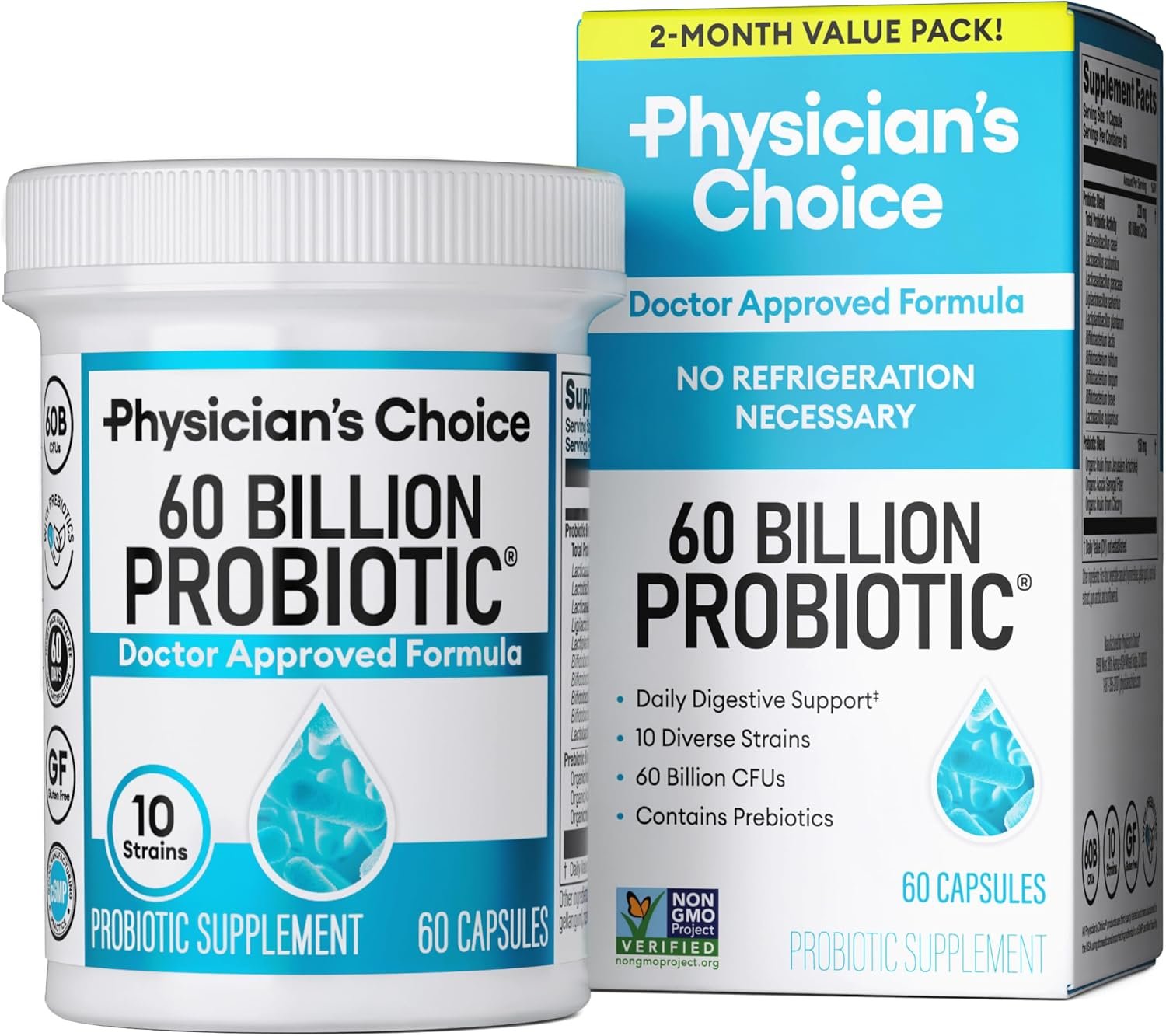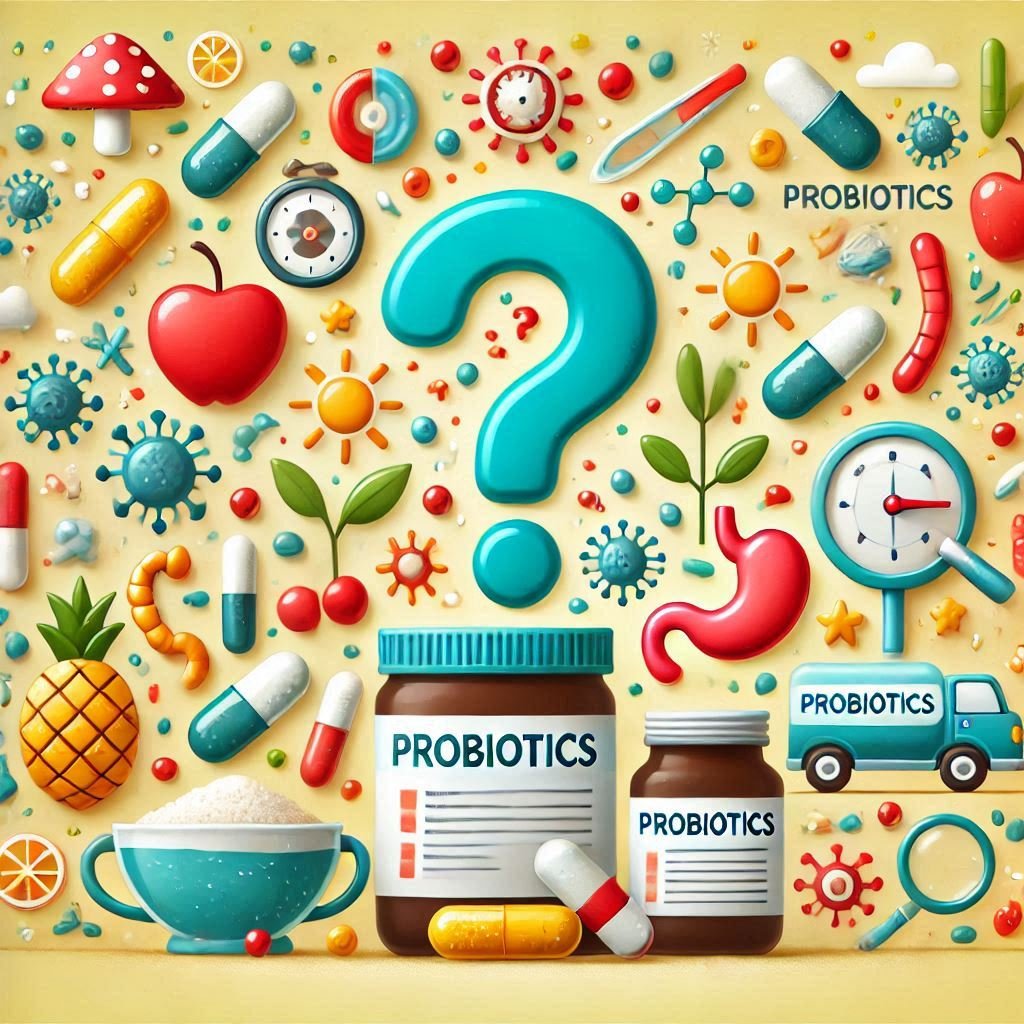Essential Gut Health Vitamins for a Healthy Gut
Maintaining a healthy gut is crucial for overall well-being, and incorporating essential vitamins into your diet can significantly support gut health and improve digestion. In this article, we will delve into the key vitamins that play a vital role in maintaining a healthy gut.
Vitamin D
Vitamin D is essential for a healthy gut as it helps regulate the immune system, reduce inflammation, and promote the growth of beneficial bacteria. Increasing your intake of vitamin D can be achieved by spending time in the sun, consuming fatty fish, or taking a vitamin D supplement. Additionally, vitamin D deficiency has been linked to various gut disorders, making it imperative to ensure adequate levels of this vitamin.
- Spending time in the sun is a natural way to boost your vitamin D levels
- Fatty fish such as salmon and mackerel are excellent dietary sources of vitamin D
- Consider getting your vitamin D levels tested to determine if you need a supplement
Vitamin B12
Vitamin B12 is crucial for gut health as it aids in the production of healthy gut bacteria and maintains the health of the gastrointestinal tract lining. While meat, fish, dairy products, and fortified cereals are rich sources of vitamin B12, individuals following a vegetarian or vegan diet may need to supplement to meet their daily requirements.
- Vitamin B12 deficiency can lead to digestive issues and an imbalance in gut bacteria
- Incorporating fermented foods into your diet can also help improve vitamin B12 absorption
- Consult with a healthcare provider to determine the right dosage of vitamin B12 supplement for you
Vitamin C
As an antioxidant, vitamin C can reduce inflammation in the gut, support the growth of beneficial bacteria, and aid in iron absorption, which is essential for gut health. Including vitamin C-rich foods like citrus fruits, berries, and leafy greens in your diet can promote a healthy gut environment and overall well-being.
- Vitamin C deficiency can compromise gut health and immune function
- Cooking vitamin C-rich foods lightly can help retain their nutritional value
- Consider adding a squeeze of lemon juice to your meals for an extra dose of vitamin C
Vitamin A
Vitamin A is vital for maintaining the integrity of the gut lining, supporting the immune system, and producing mucus that protects the gut from harmful bacteria. Foods rich in vitamin A such as carrots, sweet potatoes, and spinach can help bolster gut health and overall well-being.
- Vitamin A deficiency can lead to gut inflammation and impaired immune function
- Including a variety of vitamin A-rich foods in your diet can ensure you meet your daily requirements
- Opt for whole foods sources of vitamin A over supplements for optimal absorption
Vitamin E
A potent antioxidant, vitamin E can reduce gut inflammation, protect against oxidative stress, and support the immune system. Nuts, seeds, and vegetable oils are excellent dietary sources of vitamin E that can help maintain gut health and overall well-being.
- Vitamin E deficiency can compromise gut health and increase the risk of oxidative damage
- Incorporating vitamin E-rich foods into your diet can promote gut healing and reduce inflammation
- Avoid excessive consumption of vitamin E supplements, as high doses can be harmful
Probiotics
In addition to consuming gut health-supporting vitamins, incorporating probiotic-rich foods into your diet can further enhance gut health. Probiotics are beneficial bacteria that help maintain a healthy balance of gut bacteria, and fermented foods like yogurt, kefir, and sauerkraut are excellent sources of probiotics.
- Probiotics can help alleviate digestive issues and improve gut function
- Consuming a variety of probiotic-rich foods can provide a diverse range of beneficial bacteria
- Consider rotating different types of fermented foods in your diet to maximize probiotic intake
Conclusion
Prioritizing gut health by including essential vitamins like vitamin D, B12, C, A, and E in your diet, along with probiotic-rich foods, is crucial for overall health and well-being. By maintaining a healthy gut environment, you can improve digestion, support the immune system, and enjoy optimal health. Remember to consult with a healthcare provider or nutritionist to tailor your diet to meet your individual gut health needs.
FAQ
- Why is Vitamin D important for gut health?
Vitamin D plays a crucial role in regulating the immune system, reducing inflammation in the gut, and promoting the growth of beneficial bacteria for proper digestion.
- How can I increase my Vitamin B12 intake if I follow a vegetarian or vegan diet?
If you follow a vegetarian or vegan diet, consider taking a vitamin B12 supplement to ensure you are meeting your daily requirements since vitamin B12 is found in meat, fish, dairy products, and fortified cereals.
- What role does Vitamin C play in gut health?
Vitamin C is an antioxidant that helps reduce inflammation in the gut, support the growth of beneficial bacteria, and aid in the absorption of iron, which is important for overall gut health.
- How can Vitamin E support gut health?
Vitamin E is a powerful antioxidant that reduces inflammation in the gut, protects against oxidative stress, and supports the immune system. Including vitamin E-rich foods such as nuts, seeds, and vegetable oils in your diet can help support gut health.



